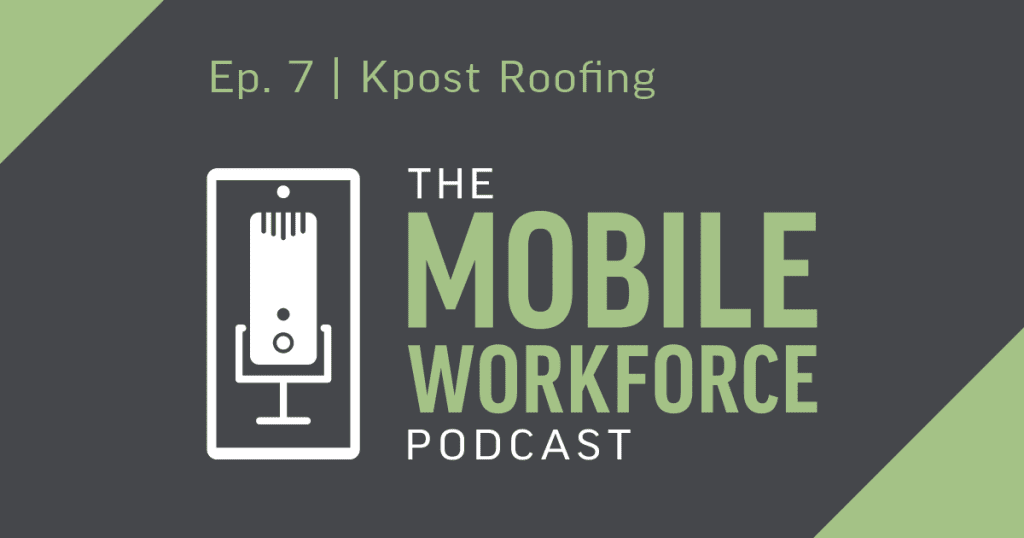The Importance Of Productivity Tracking In Construction
The adage “you can’t improve what you don’t measure,” is especially true for productivity in construction. With so many job codes, people, materials and agendas happening on every job site it was historically impossible to measure productivity accurately until after the project was over. Sometimes productivity wasn’t measurable until months after a project was wrapped up.
Today it is impossible to work efficiently enough to keep up with client expectations and job site demands without actively monitoring productivity on a monthly, weekly, and daily schedule. To help spell out the importance of tracking and measuring your productivity on a job code, individual, project, and overall business level is Damien Edwards, the National Director of Production at Toll Brothers. If you have not heard it before make sure to check out episode number six and 74 where he discussed how the job site represents the business and the skills construction managers need to be successful in the eyes of their clients, the importance of a director of production, and why attitude is everything. Today’s episode covers the importance of project productivity, the accuracy and immediacy of data collection, the best practices for review and management and the impacts of managing your productivity well or ignoring it.
Key Takeaways
- The only way to manage productivity is usable data. Most contractors don’t want to admit that they don’t have a solid grasp on what is happening on their job sites but the reality is that to effectively manage today’s projects contractors can no longer rely on what they see and their historical personal experience. It requires detailed, accurate data that isn’t swayed by opinion.
- Data needs to be collected quickly, easily, and in a meaningful way. There needs to be a balance between the three necessary aspects of usable data: speed, efficiency, and quality. Data that sacrifices any one of the three makes the data less usable, more unreliable and in some cases wrong.
- Effective teams and ineffective teams are a product of management. Managers that use data to control and run their job sites give their teams and subcontractors the ability to work at peak productivity and at the end of the day everyone wants to work and make money. Using data to ensure that everyone is working and not wasting time creates an effective team full of the best craftsmen and craftswomen available.



